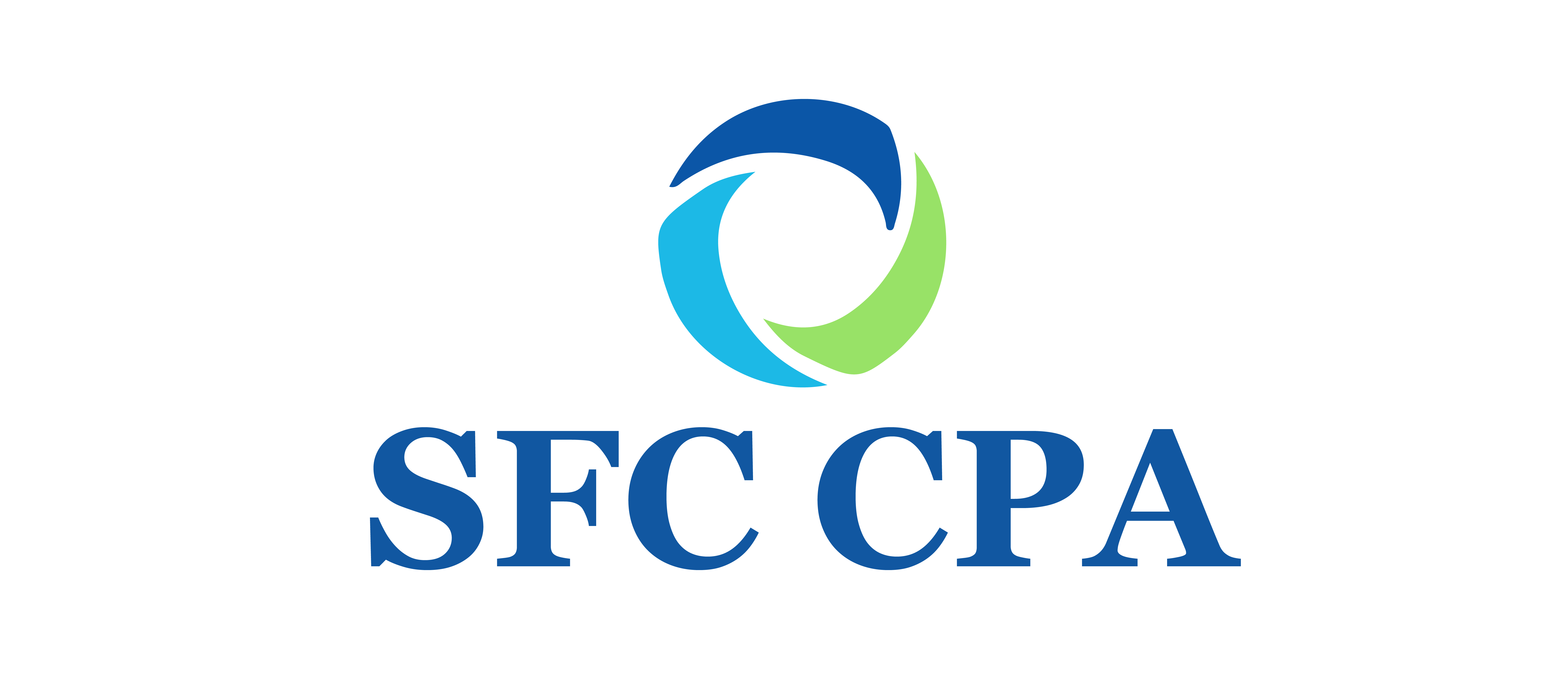Tax prep in North Carolina requires careful planning, especially in the fall when individuals and businesses are trying to finalize their finances before the end of the year. Preparing taxes is not just about filing on time; it is about understanding how to optimize deductions, track credits, and avoid costly mistakes. For North Carolina residents, state-specific regulations make preparation even more important because rules and deadlines can differ from federal guidelines. Fall is often overlooked as a tax planning season, yet it provides the perfect opportunity to review income, spending, and potential tax liabilities before the year closes. Early preparation ensures smoother filing in the spring and can reduce stress when April deadlines approach.
One of the main benefits of focusing on tax prep in the fall is the chance to catch overlooked deductions or identify financial adjustments. For example, contributing to retirement accounts or making charitable donations before the end of the year may lower taxable income. In North Carolina, residents also need to be mindful of state-specific credits that can ease tax burdens. By addressing these opportunities in the fall, taxpayers have ample time to act strategically. The months leading up to year’s end serve as a window to make decisions that will directly impact the final tax bill.
Do’s and Don’t’s for Tax Prep in North Carolina
When considering do’s and don’t’s for tax prep in North Carolina, it is important to separate smart practices from common missteps. A crucial “do” is to organize all financial documents early. Receipts, pay stubs, charitable contributions, and investment statements should be filed systematically so nothing is overlooked. Many North Carolina taxpayers find that having everything ready by fall allows them to spot discrepancies and request corrections while still having time before deadlines. Another “do” is staying updated on state-specific tax codes, as they can shift based on legislative changes.
Among the most damaging “don’t’s” is procrastination. Waiting until the last minute often results in errors, missed deductions, or incomplete filings. Another “don’t” is ignoring professional advice. Some taxpayers attempt to save money by handling everything alone, but tax professionals can offer insights specific to North Carolina’s system that software may overlook. Ignoring record-keeping is another pitfall. Without detailed records, taxpayers risk overpaying or being unable to substantiate claims during an audit. The fall season is an ideal time to correct these behaviors before they create larger problems during filing season.
The Benefits of Getting Tax Prep in Early in North Carolina
Getting tax prep in early in North Carolina has significant advantages. The earlier taxpayers begin, the more time they have to review financial goals, adjust withholding if needed, and take advantage of opportunities for deductions or credits. Fall prep allows families and businesses to avoid the stress of rushing in March or April. Early preparation also minimizes the risk of surprises, such as discovering that more taxes are owed than expected. With extra time, individuals can set aside funds gradually, reducing financial strain when it comes time to file.
North Carolina residents also benefit from early prep because it aligns with year-end planning. For business owners, fall tax preparation can be paired with broader financial strategies, such as reinvesting in operations, purchasing equipment, or contributing to retirement accounts. For individuals, early preparation provides the chance to maximize savings accounts, plan charitable donations, or adjust household budgets. Beginning tax prep in early in North Carolina also creates more availability with professional tax preparers, who are less overwhelmed compared to peak season. This ensures personalized attention and detailed guidance.
State-Specific Considerations for North Carolina
Tax prep in North Carolina comes with state-specific factors that every taxpayer should consider. North Carolina uses a flat state income tax rate, which simplifies calculations but still requires accurate reporting of all income sources. Residents must also be mindful of local property taxes, sales tax implications, and deductions that may vary from federal allowances. For instance, while the federal government offers certain deductions for mortgage interest or medical expenses, North Carolina has its own rules regarding what qualifies and at what thresholds.
Another consideration is the treatment of retirement income. North Carolina does not tax Social Security benefits, but other retirement income may be subject to taxation depending on the source. Taxpayers need to carefully review these details to avoid misreporting. Additionally, small businesses in the state face particular filing requirements, such as franchise taxes or specific sales tax responsibilities, which make fall an essential time for preparation. Staying informed about these state-specific nuances ensures compliance and prevents costly penalties. By handling these matters in the fall, taxpayers allow themselves time to address questions or consult professionals before the year ends.
Preparing for a Smoother Filing Season
The ultimate goal of fall tax prep in North Carolina is to pave the way for a smoother filing season. When individuals and businesses take time to review financial activities, organize documents, and consult with advisors in the fall, they are less likely to encounter surprises in the spring. Early preparation means that errors or missing information can be corrected long before deadlines, avoiding last-minute stress. It also allows taxpayers to align their financial decisions with broader goals, such as increasing savings or minimizing liabilities.
For families, smoother filing means fewer disputes over missing documents and more confidence in the accuracy of returns. For business owners, smoother filing results in better cash flow planning and improved readiness for potential audits. North Carolina taxpayers who make fall tax preparation a habit position themselves for long-term financial stability. This proactive approach turns tax season from a stressful event into a manageable process that supports overall financial health.
Conclusion
Tax prep in North Carolina is most effective when it begins in the fall. This season offers the perfect opportunity to review finances, organize documents, and make smart decisions that reduce liabilities. Understanding the do’s and don’t’s for tax prep in North Carolina helps individuals avoid common mistakes while maximizing available benefits. Getting tax prep in early in North Carolina not only reduces stress but also provides access to professional guidance at a less hectic time of year. By paying attention to state-specific considerations and aligning tax preparation with broader financial planning, North Carolina residents can approach the filing season with confidence. Ultimately, fall preparation ensures accuracy, minimizes stress, and lays the foundation for stronger financial outcomes.

